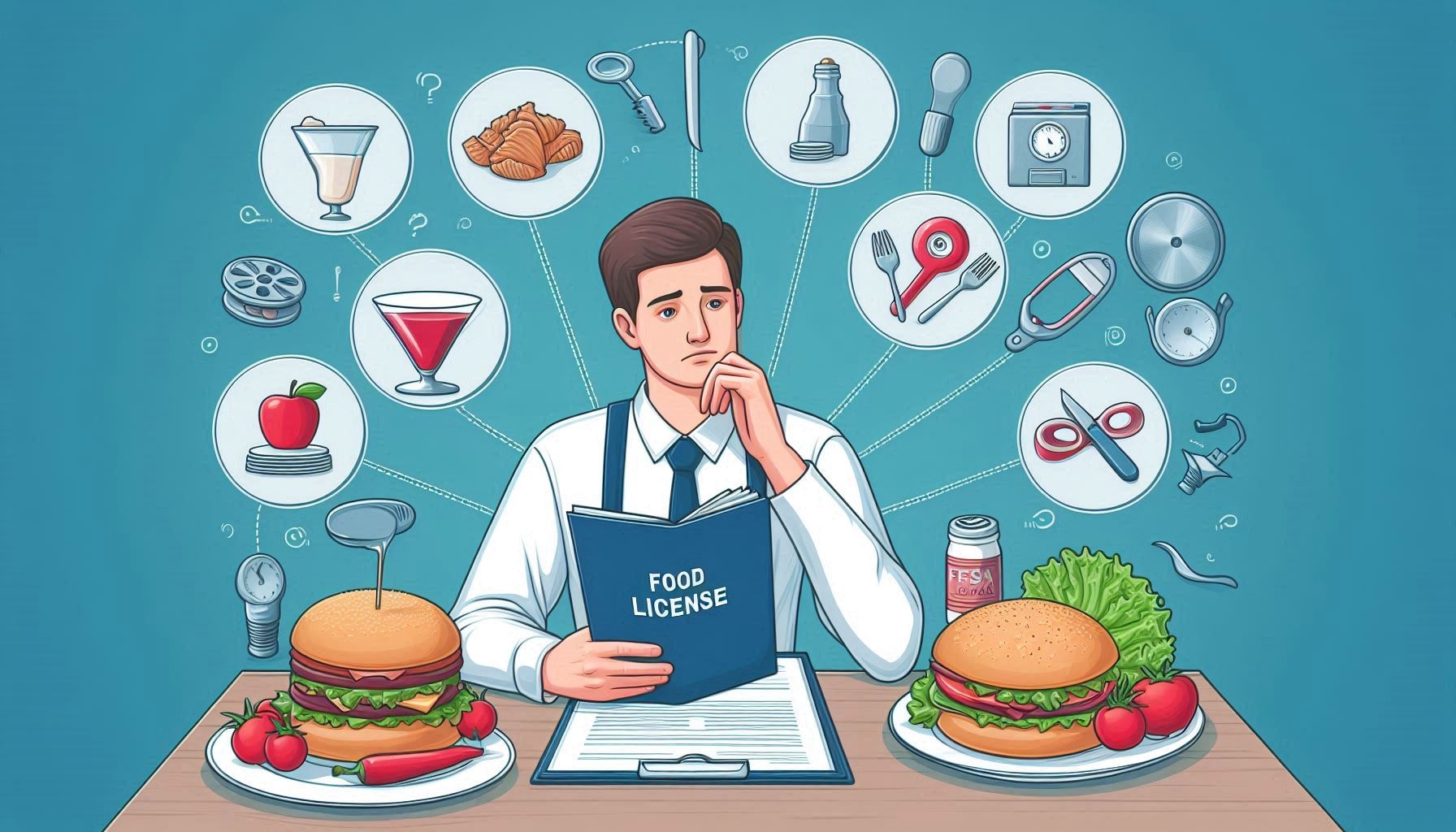If you're planning to start a food business in India, one of the most important steps is to obtain FSSAI registration. The Food Safety and Standards Authority of India (FSSAI) is responsible for ensuring that food products in the country meet safety and quality standards. Whether you’re a small food vendor, a restaurant owner, or a large food manufacturer, FSSAI registration is mandatory to operate legally. This article will guide you through the process of applying for FSSAI registration.
Understanding FSSAI Registration
Before diving into the application process, it's essential to understand what FSSAI registration is and why it's important. FSSAI registration is a basic license issued by the FSSAI to food businesses, ensuring that they comply with the necessary safety and hygiene standards. Depending on the size and scale of your business, you may need to apply for either basic registration or a state/central license.
Types of FSSAI Licenses
1. Basic Registration: For small food businesses with an annual turnover of less than ₹12 lakhs.
2. State License: For medium-sized businesses with an annual turnover between ₹12 lakhs and ₹20 crores.
3. Central License: For large businesses with an annual turnover above ₹20 crores or for those involved in importing/exporting food products.
Step-by-Step Guide to Apply for FSSAI Registration
Step 1: Determine the Type of Registration Required
The first step is to identify the type of FSSAI registration or license that your business needs. This depends on the nature and size of your food business. Small businesses typically require basic registration, while larger ones need state or central licenses.
Step 2: Gather the Necessary Documents
To apply for FSSAI registration, you'll need to prepare the following documents:
- Photo ID and Address Proof of the business owner (e.g., Aadhaar card, Voter ID).
- Proof of Business Ownership (e.g., Partnership Deed, Certificate of Incorporation, Shop Act License).
- Details of the Food Business (e.g., list of food products, business address, contact information).
- Photographs of the applicant.
- Form IX (For state and central licenses).
Step 3: Visit the FSSAI Website
Go to the official FSSAI website ([www.fssai.gov.in](http://www.fssai.gov.in)) and navigate to the 'Food Licensing & Registration System' (FLRS). Here, you'll find options to register your food business online.
Step 4: Create an Account and Fill in the Application
If you're a new user, you'll need to create an account by providing basic details like your name, email address, and phone number. Once registered, log in to your account and fill out the FSSAI registration form. You'll need to provide details about your business, including its type, address, and the food products you intend to handle.
Step 5: Upload Required Documents
After filling in the necessary information, you'll be asked to upload the required documents. Ensure that all documents are clear and legible. The system will guide you on the specific format and size required for each document.
Step 6: Pay the Application Fee
Once you've completed the form and uploaded the documents, you'll be directed to the payment page. The registration fee varies depending on the type of license you're applying for. You can pay the fee online using a credit card, debit card, or net banking.
Step 7: Submit the Application
After making the payment, review your application to ensure all details are accurate. Once you're satisfied, submit the application. You'll receive an acknowledgment receipt with an application reference number, which you can use to track the status of your application.
Step 8: Inspection and Approval
For state and central licenses, the FSSAI may conduct an inspection of your business premises to ensure compliance with safety standards. After the inspection (if required), the authorities will review your application and documents. If everything is in order, you'll receive your FSSAI registration certificate.
Step 9: Download the FSSAI Certificate
Once your application is approved, you can download your FSSAI registration certificate from the FLRS portal. This certificate should be prominently displayed at your place of business.
Conclusion
Applying for FSSAI licence registration is a straightforward process, but it’s essential to ensure that you provide accurate information and complete all necessary steps. Having an FSSAI license not only helps you comply with legal requirements but also builds trust with your customers by assuring them of your commitment to food safety and quality. Make sure to renew your registration before it expires to maintain continuous compliance with FSSAI regulations.



